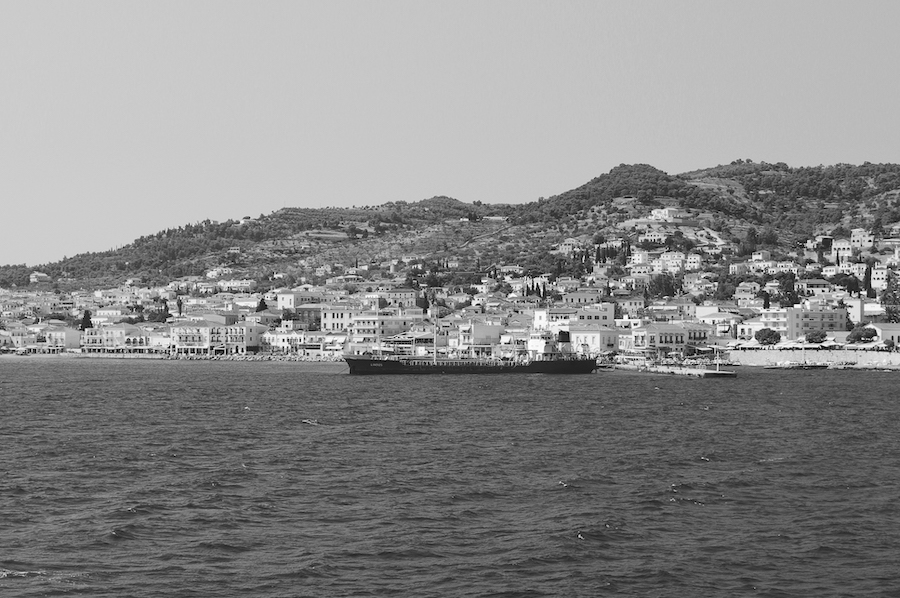John Fowles was a conflicted novelist whose desire to change the world was at odds with his chosen genre of experimentalism, and whose literary ideals were quashed by his hefty sales figures.
Every writer is compelled to write. They must be, or they wouldn’t do it. The hours are long, the pay for all but a tiny percentage is pitiful, the need for a second (for which read primary) job or a partner who earns is essential, and that last creates its own problems, psychological and temporal. There is no time off.
Why then, one might ask, are so many people drawn to writing fiction? Intimations of immortality? An impulse for fame or acceptance or respect? A desire to join, in however small a way, the pantheon that stretches down from Homer? Or because they have the story, the words, the urge to communicate? Writing fiction is communing. It is a social activity undertaken in isolation. For those compelled it is a compulsion that cannot be resisted. It is why John Fowles, when he gave up teaching to become a full-time writer after the success of The Collector, said he didn’t think of himself “as ‘giving up work to be a writer’. I’m giving up work to, at last, be.”
Fowles embodied the compulsion and uncertainty afflicting all writers. A social realist who wanted to be an experimentalist, he classed all writers as ‘either entertainers or preachers’, adding magnanimously, ‘’I’m not against entertainers.” He was a high-minded populist who spliced his undoubted gifts for storytelling with classical and mediaeval European allusion and all-round pedagogy. In short, Fowles was caught on the horns of the paradox that affects all writers to a greater or lesser degree: the higher the art, the fewer the sales.
An extensive meditation on creativity, The Magus became an accessory for a generation seduced by gap-year hokum and Fowles’ belief that true art should instruct
Critical and popular acclaim are uneasy bedfellows, and those who have one invariably yearn for the other – a point made by the bestselling Lee Child, who cheerfully told Martin Amis while they were sharing a cigarette outside a literary event, “I could write one of your novels but you couldn’t write one of mine.” When asked to expand, he responded, “I’d just write one of mine and then take the plot out.”
The problem seemed particularly acute for Fowles. After the enormous popular success of The Collector, a psychosexual tale of a limited young man who kidnaps the object of his obsession in the hope she will fall in love with him, he published The Aristos, subtitled, “A Self-Portrait in Ideas”. The idea was that if he explicated all his philosophical theories and beliefs – many of which played out in conversation between kidnapper and kidnapped in The Collector – they would amount to a self-portrait of Rembrandtian perspicacity. The book sank without trace.
But his publishers were rewarded for their patience with the bestselling The Magus, a metafiction concerning a young Englishman teaching on a Greek island, just as Fowles himself had done, who becomes embroiled with the eponymous magician and loses himself in the gap between artifice and reality. An extensive meditation on creativity, the book became an accessory for a generation seduced by gap-year hokum and Fowles’ belief that true art should instruct. The film was poor – Woody Allen once reflected that if he could live his life again, he “would do everything the same except see ‘The Magus’.”
A social realist who wanted to be an experimentalist, he classed all writers as ‘either entertainers or preachers’
But it established Fowles as the populist postmodernist, and he didn’t disappoint. The French Lieutenant’s Woman, which famously offered a choice of endings – the art revealed as artifice – was a Victorian romance set in Fowles’ hometown of Lyme Regis. For this reader it was, the title story of Fowles’ The Ebony Tower collection aside, his last fully realised piece. Daniel Martin, the continent-spanning story of a film producer, was lengthy, at times static, and autobiographical, while it is kindest to tiptoe away from Mantissa, a dialogue between a writer and his muse, from which the muse had clearly fled.
John Fowles maintained, from the security of bestsellerdom, “I’ve always wanted to write (in this order) poems, philosophy, and only then novels.” Indeed, he continued, “My first ambition has always been to alter the society I live in; that is, to affect other lives… But I recognise I am a writer. Not a doer.” It was a lofty ambition, and one by definition beyond the scope of any experimentalist.
Photo credit: Jean Housen (image of the Greek island of Spetses, where Fowles worked as a teacher and which provided the setting for The Magus)








